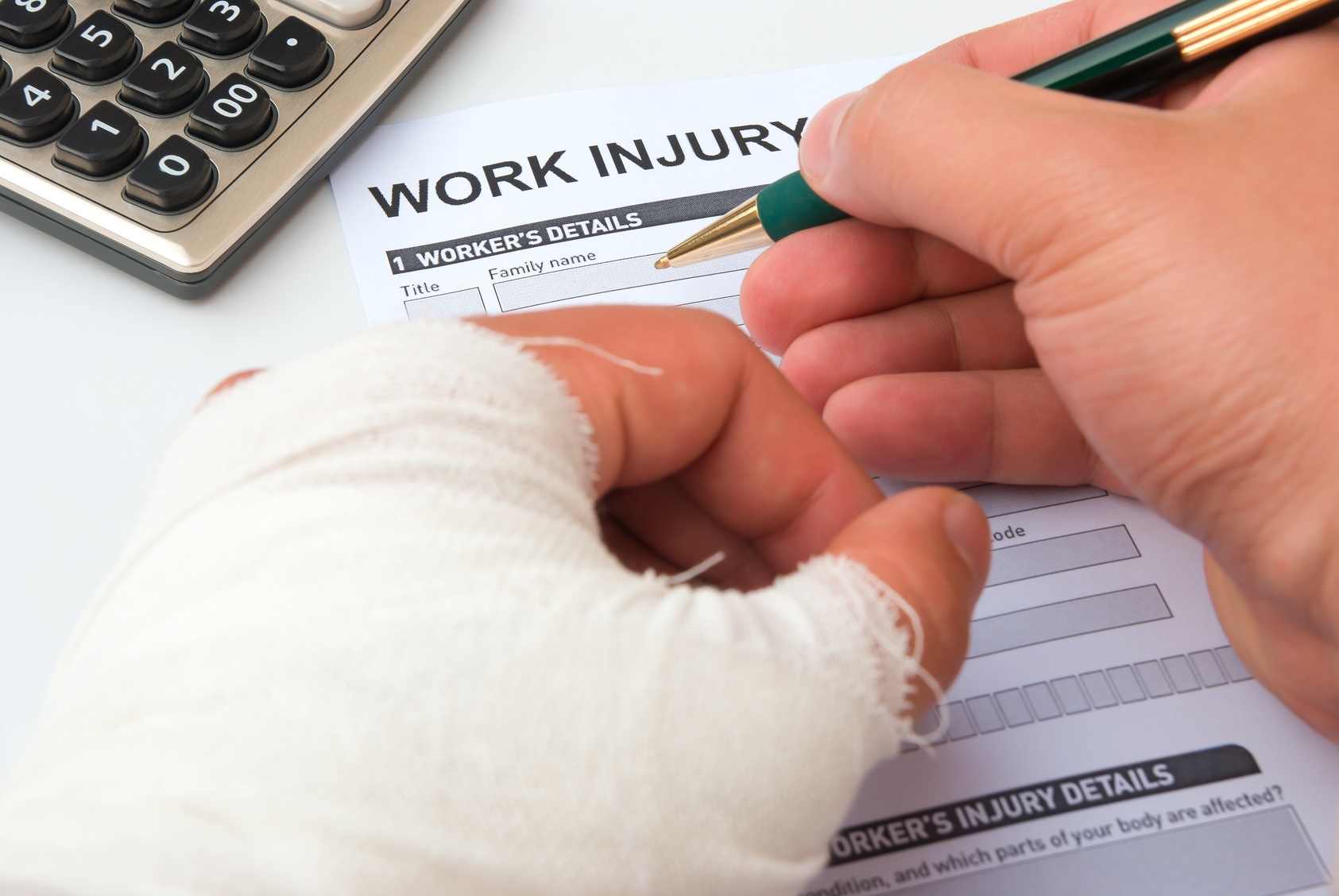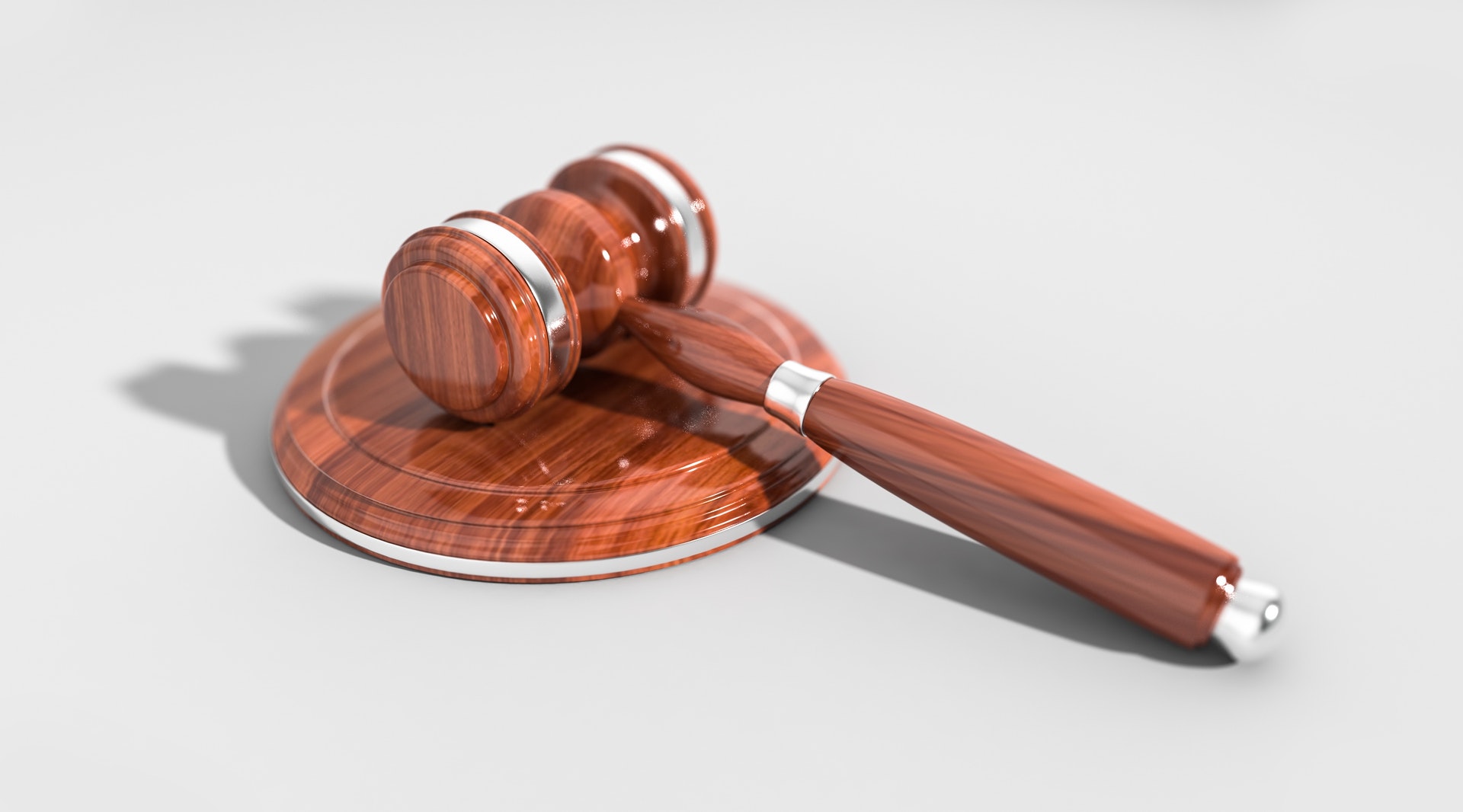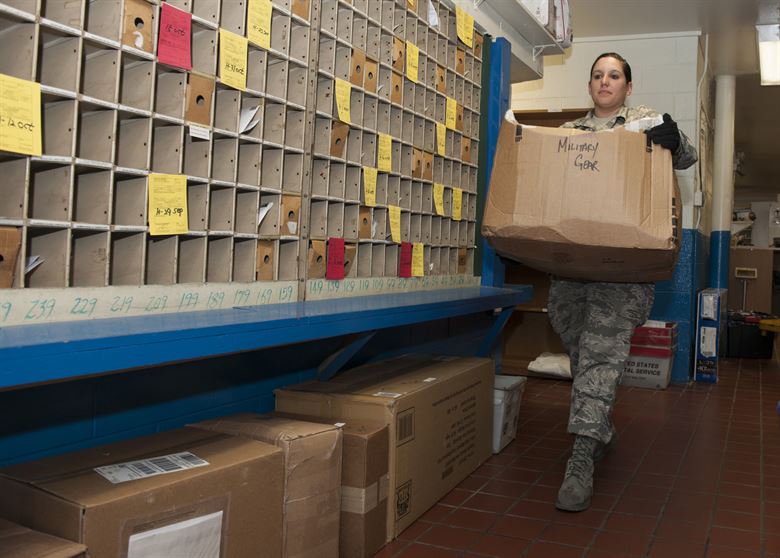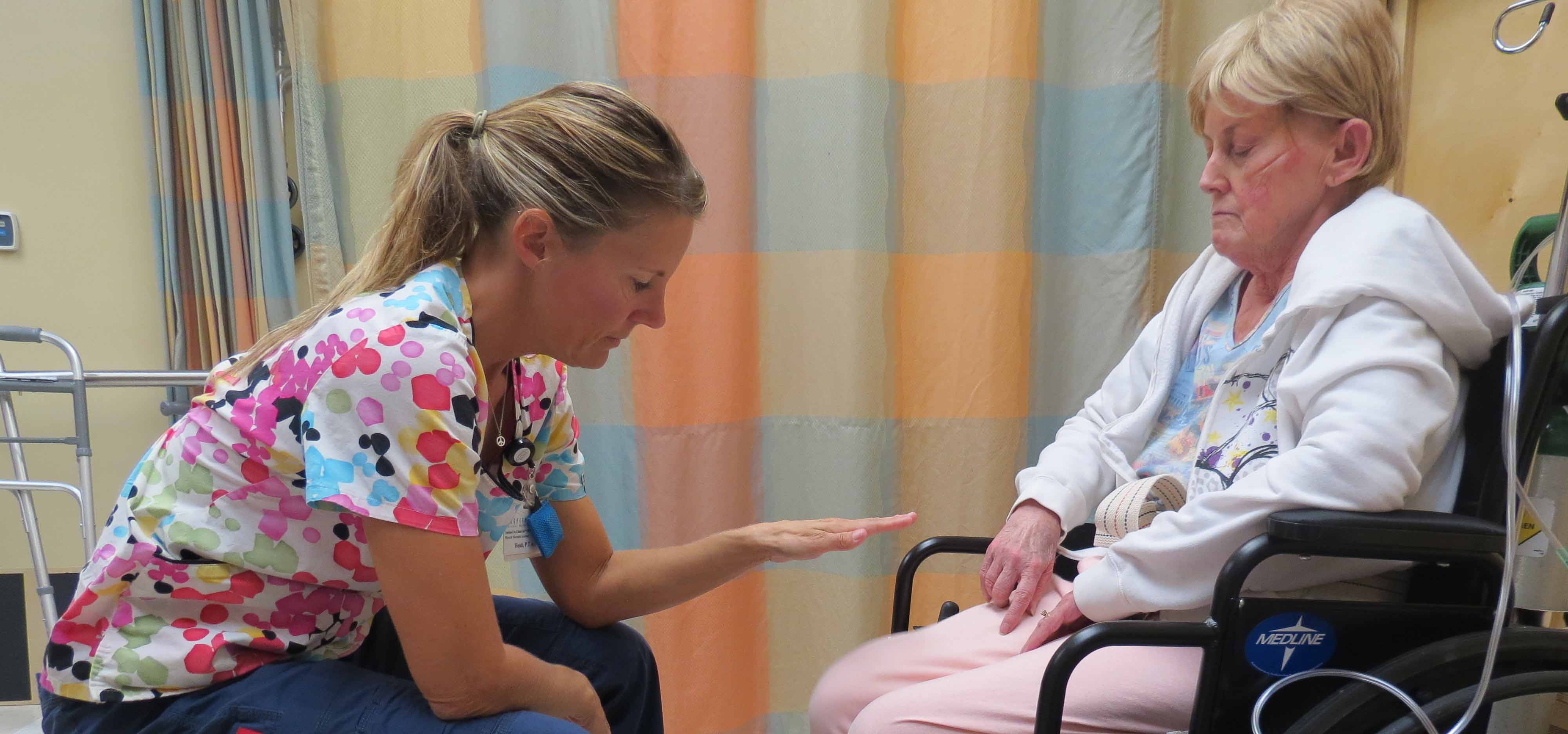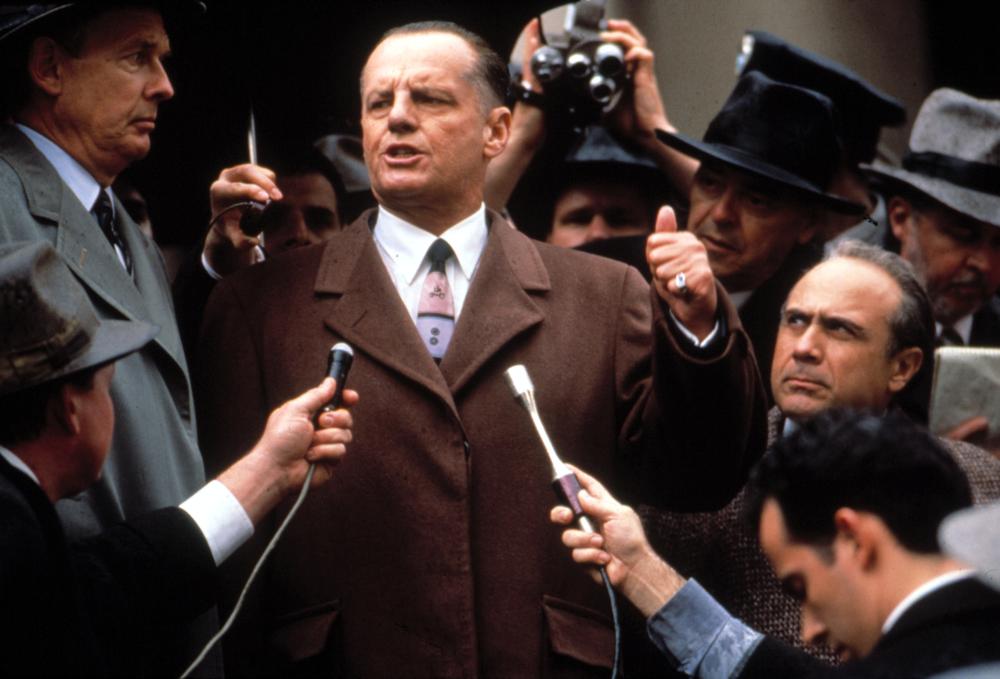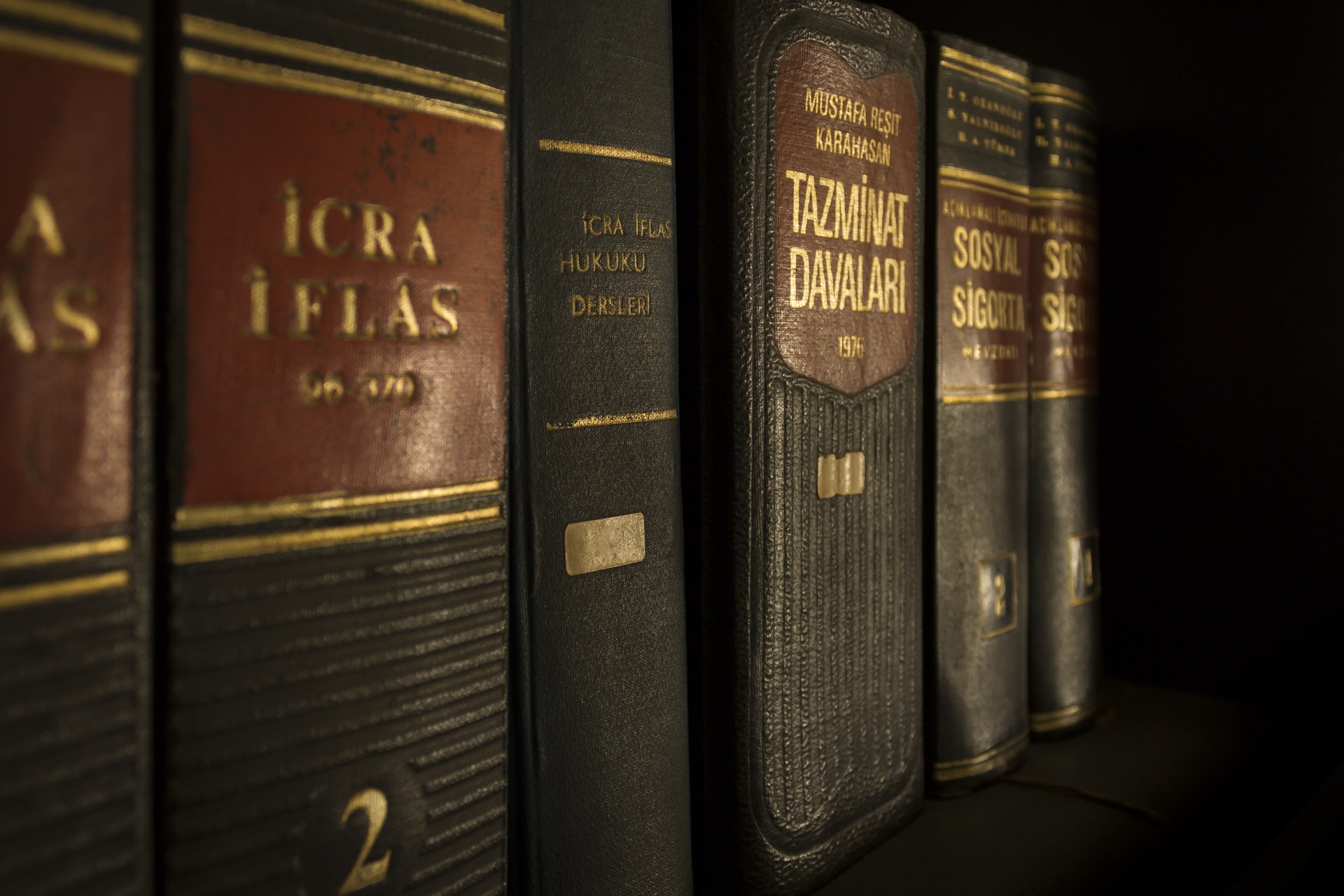The strongest personal injury claims have evidence to substantiate them. CCTV, or Closed Circuit Television, can be a critical element of a personal injury claim, if it captures the circumstances leading up to, during, or after an accident.
If available, CCTV footage can prove beyond all reasonable doubt that you had nothing to do with the accident in which you sustained your injuries. By proving your liability, CCTV footage can make a claim ‘concrete’, or ‘bullet proof’, and leave no other option for the other side but to pay you the financial compensation that you deserve.
5 Benefits of CCTV
Here are the 5 main benefits of CCTV footage when it comes to claims:
- CCTV can provide indisputable proof of liability;
- CCTV can uncover lapses in health and safety policy;
- CCTV footage can be used to determine the severity of an accident;
- CCTV footage can be used to determine emergency service response;
- CCTV footage can be used to help the police track down untraced parties.
CCTV and Claims – How Footage is Accessed
You have the legal right to request CCTV footage of yourself, from any public or private organisation. However, citing the Data Protection Act 1998, some individuals and companies might be reluctant to release CCTV footage to you. Because of this, it does pay to have a lawyer on your side when you start a claim. At the beginning of the claims process, you will sign a ‘consent form’ that gives your solicitor the right to act on your behalf. This form is a legal document, that shows that your solicitor has the right to access relevant evidence for you, in compliance with the Data Protection Act 1998. Your solicitor will contact any relevant individual, company or organisation for you, and access the CCTV footage for you.
CCTV and Claims – How Footage is Used
CCTV footage will be used to substantiate your claim, and to prove beyond any doubt that the other party was responsible for the accident. However, it is important to bear in mind that CCTV can also weaken your claim, since it could show you were partly responsible for the accident. With regards to this, your solicitor has a legal duty to disclose all evidence for a claim, irrespective of how it might affect your position. It is in fact illegal to withhold evidence. With that in mind, you should disclose not just CCTV footage to your solicitor, but any photographs and other video evidence you have, such as any videos that have been recorded on your smartphone, or any footage that was recorded on a dash-cam. You should also provide to your solicitor any witness details, since they may also have such evidence.
